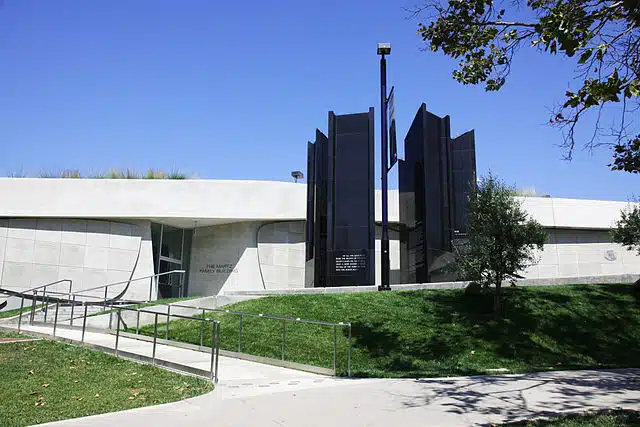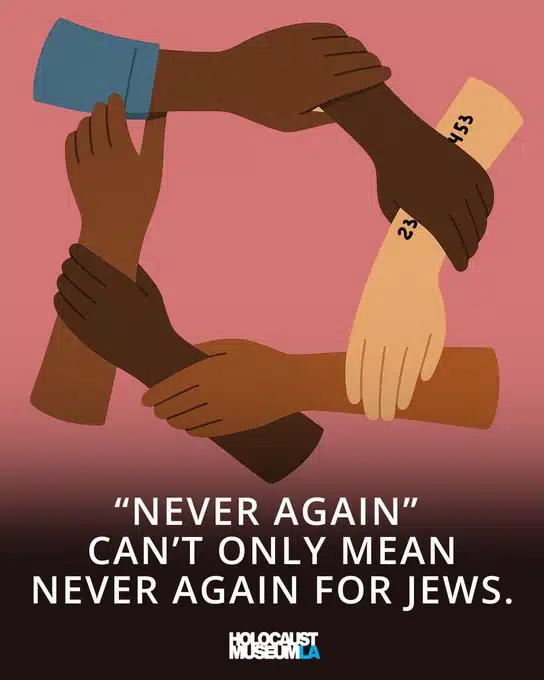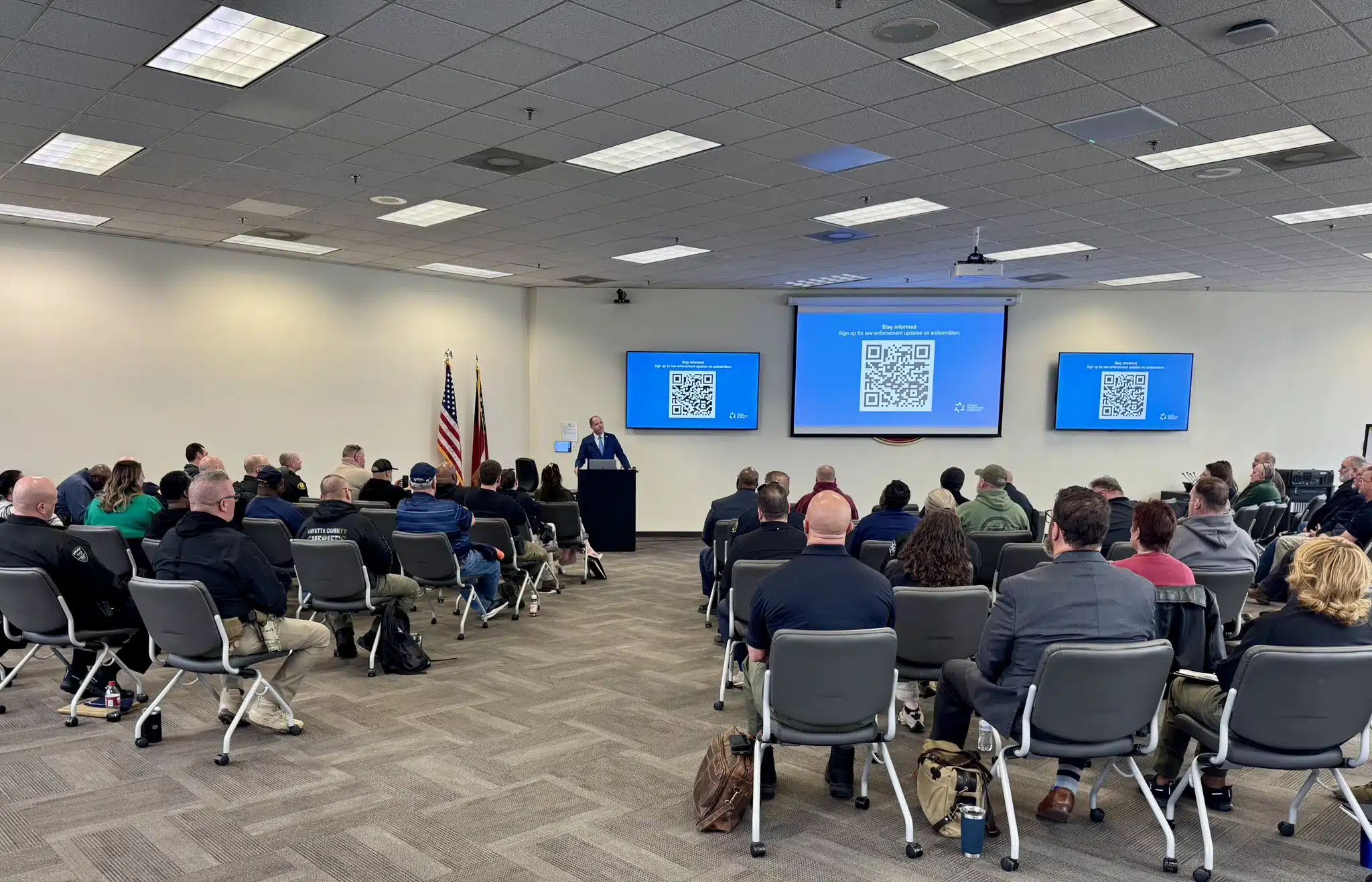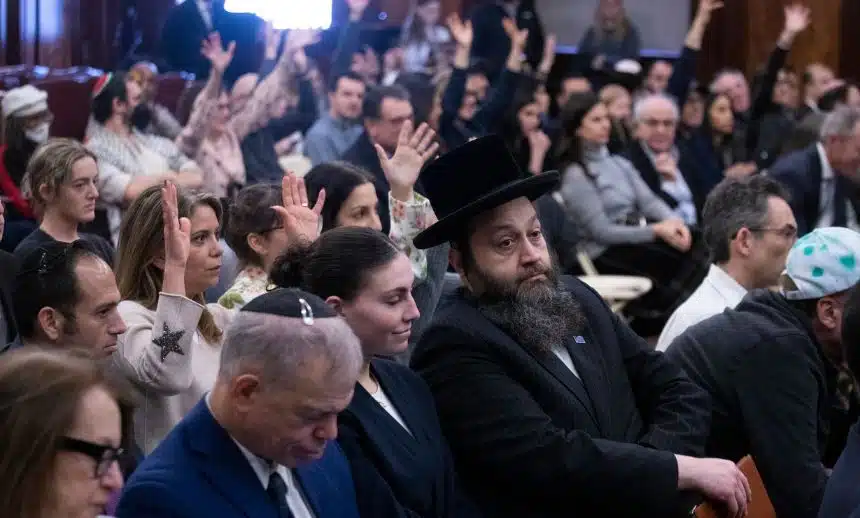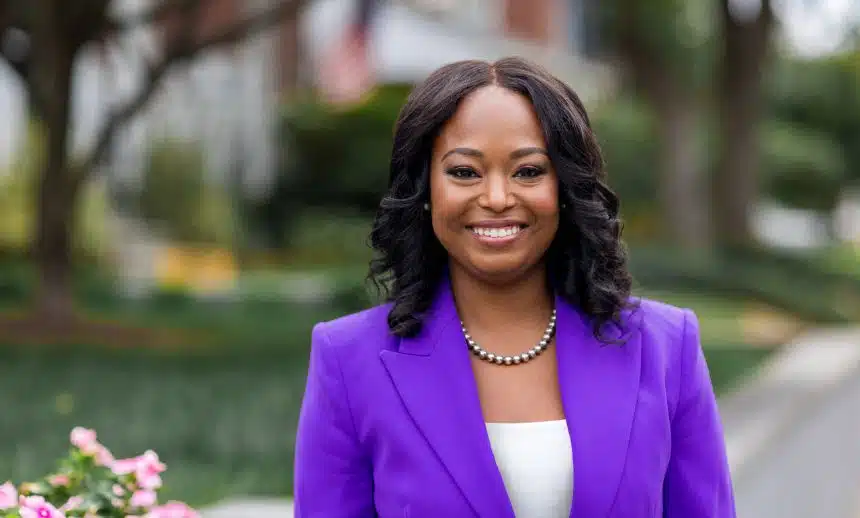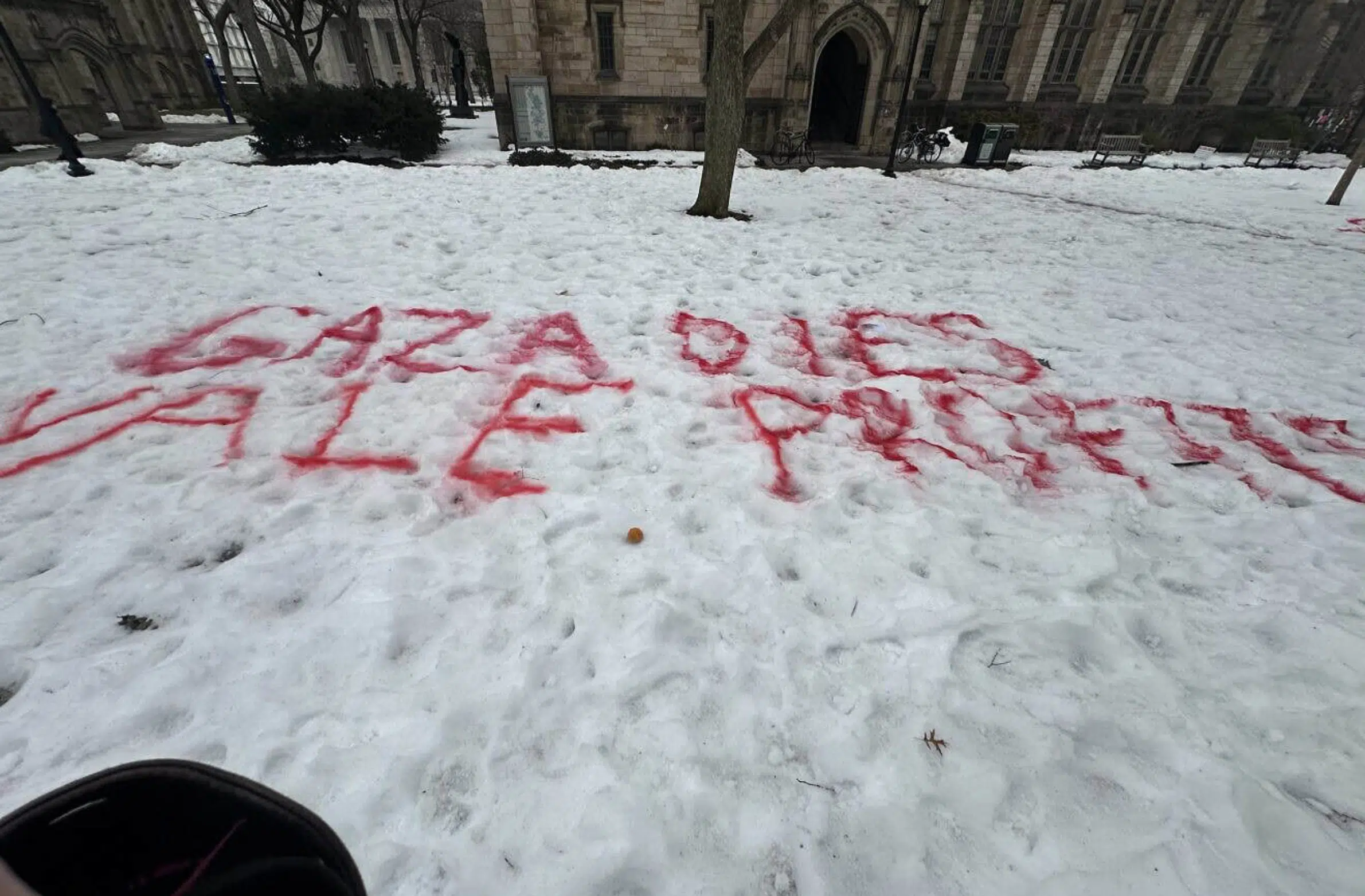|
Getting your Trinity Audio player ready...
|
The Holocaust Museum LA has retracted a social media post after it sparked backlash from Jewish organizations.
On Saturday, the museum had shared an Instagram graphic declaring: “‘Never Again’ can’t only mean never again for Jews.” The campaign aimed to promote inclusivity. However, many readers viewed it as a political statement tied to the war in Gaza.
By Sunday, the museum issued a clarification. Leaders admitted the campaign was “easily open to misinterpretation by some as a political statement reflecting the ongoing situation in the Middle East.”
“That was not our intent,” they noted.
Museum officials emphasized their mission to educate, commemorate, and inspire. Moreover, they pledged to design future content with greater care. “We will ensure that posts in the future are more thoughtfully designed and thoroughly vetted,” the statement noted.
In addition, the museum explained that it had introduced internal measures to guarantee messages “always remain clear and reflective of our mission to inspire humanity through truth.”
Content of the Original Post
The deleted post showed interlinked hands in different skin tones with the words “Never Again can’t only mean never again for Jews.”
Follow-up slides added:
- “Jews were raised to say ‘Never Again.’ That means never again. For anyone.”
- “Jews must not let the trauma of our past silence our conscience. Standing with humanity does not betray our people. It honors them.”
Critics quickly pushed back. They argued the wording echoed anti-Israel rhetoric. Pro-Palestinian groups often claim that the war in Gaza today mirrors the Holocaust. Consequently, many Jewish voices denounced the comparison as antisemitic. They warned that it trivializes Jewish suffering while portraying Israel as genocidal.
Protecting Holocaust Memory
The phrase “Never Again” arose after the Holocaust — the worst tragedy to befall the Jewish people and the most systematic state-sponsored genocide in history. It was not a broad slogan. Instead, it was a distinctly Jewish vow, born from the murder of six million Jews and the near-destruction of European Jewry. Its meaning rests in its specificity — a promise that Jews would never again face extermination.
Over time, some broadened the phrase to address other causes. Preventing genocide everywhere is indeed a moral imperative. Yet two truths remain. First, “Never Again” is fundamentally Jewish, forged in the ashes of Auschwitz and Treblinka. Second, the phrase is now being twisted through Holocaust inversion — purposed as a weapon against Israel and the Jewish people.
By equating Israel’s war against Hamas with the crimes of Nazi Germany, activists distort history and invert reality. Instead of honoring Holocaust memory, they exploit it to delegitimize Jewish survival. This inversion not only diminishes the Holocaust but also fuels antisemitism by recasting Jews as perpetrators rather than victims.
The International Holocaust Remembrance Alliance (IHRA) Working Definition of Antisemitism specifically cites “drawing comparisons of contemporary Israeli policy to that of the Nazis” as antisemitic. By echoing language that can be read as legitimizing such comparisons, the museum’s post inadvertently reinforced one of the very tropes the definition warns against.
Therefore, the museum’s retraction carries a deeper lesson. Protecting Holocaust memory is not simply about avoiding careless wording. Ultimately, it is about defending truth itself and preserving the vow that “Never Again” means what it was always meant to mean — that the Jewish people will never again face annihilation.

